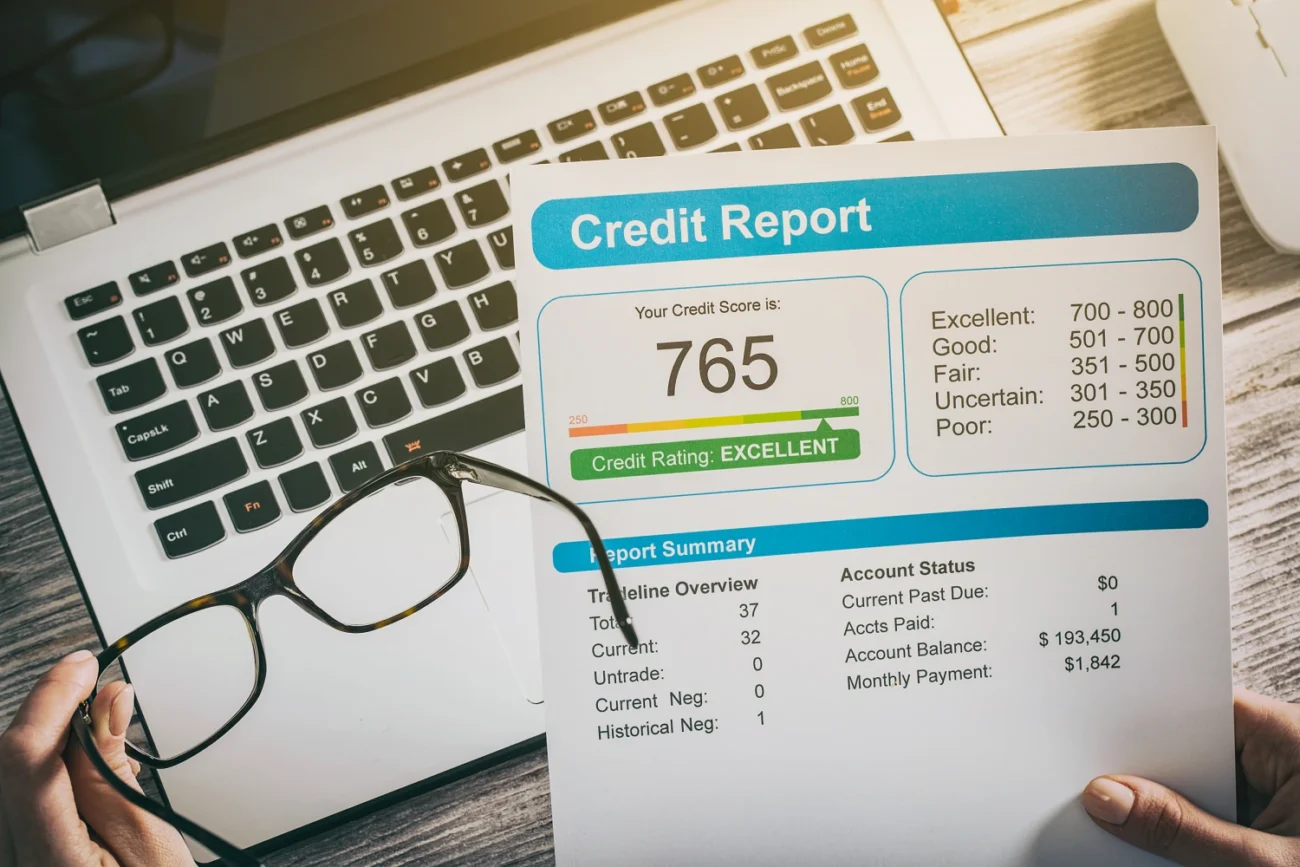
Debt collection can be a challenging process, both for creditors seeking payment and for debtors struggling to manage their obligations. Attorneys play a crucial role in navigating the complexities of this process, ensuring legal compliance, and maximizing recovery rates.
In this article, we will explore the top strategies used by attorneys for debt collections, offering valuable insights for both creditors and debtors.
1. Pre-Litigation Demand Letters
Before taking legal action, attorneys like those at Cook Keith & Davis often start with pre-litigation demand letters. These letters serve several purposes, including notifying the debtor of the outstanding debt and the creditor’s intention to pursue legal action if the obligation remains unpaid.
Additionally, demand letters encourage debtors to contact the creditor to negotiate a settlement or payment plan. Furthermore, these letters provide written evidence of the creditor’s attempts to collect the obligation, which can be useful in court. Pre-litigation demand letters are usually a cost-effective way to resolve debt issues without the need for litigation.
2. Debt Negotiation and Settlement

Attorneys often negotiate with debtors to reach a settlement. This can involve reducing the debt, agreeing to accept a lower amount than the total owed, or structuring a manageable payment plan for the debtor. In some cases, attorneys may offer a discount for a one-time lump-sum payment. Negotiation and settlement can be beneficial for both parties.
Creditors recover a portion of the obligation without the time and expense of litigation, and debtors avoid the stress and potential consequences of a lawsuit. This strategy also fosters a cooperative approach, potentially preserving business relationships.
3. Litigation
When negotiation fails, attorneys may file a lawsuit to collect the debt. The litigation process involves several steps, including filing a legal complaint against the debtor and formally notifying the debtor of the lawsuit. During court proceedings, both parties present their case, and if the court rules in favor of the creditor, a judgment is issued for the amount owed.
Litigation can be lengthy and costly, but it is sometimes necessary to enforce obligation collection. Attorneys must be prepared for a potentially protracted process that requires meticulous preparation and legal acumen.
4. Obtaining and Enforcing Judgments
After winning a lawsuit, attorneys work to enforce the judgment. This can include garnishment, which involves withholding a portion of the debtor’s wages or bank account funds. Attorneys may also place a lien on the debtor’s property, which must be satisfied before the property can be sold. In some cases, they may seize the debtor’s assets to satisfy the obligation.
Enforcing judgments requires a thorough understanding of state and federal laws to ensure compliance and effectiveness. It also demands persistence and strategic planning to locate and access the debtor’s assets.
5. Credit Reporting

Attorneys can leverage credit reporting as a tool for debt collection. Reporting unpaid debts to credit bureaus can motivate debtors to pay, as unpaid debts negatively impact their credit scores. A poor credit score can make it difficult for debtors to obtain loans, credit cards, or even housing, providing a strong incentive to settle the debt.
By affecting the debtor’s financial future, credit reporting serves as a powerful leverage tool. However, attorneys must ensure they comply with all relevant laws and regulations to avoid legal repercussions.
6. Bankruptcy Proceedings
In some cases, debtors may file for bankruptcy as a means to manage overwhelming debt. Attorneys representing creditors in bankruptcy proceedings must file claims to ensure that their client’s claims are properly filed with the bankruptcy court. They also attend bankruptcy hearings to protect the creditor’s interests and negotiate with the bankruptcy trustee and debtor’s attorney to maximize recovery.
Understanding the intricacies of bankruptcy law is essential for attorneys handling these cases. It requires a strategic approach to navigate the complex legal landscape and achieve the best possible outcome for the creditor.
7. Post-Judgment Discovery
After obtaining a judgment, attorneys may use post-judgment discovery to locate the debtor’s assets. This can involve interrogatories, which are written questions that the debtor must answer under oath, and depositions, which involve oral questioning of the debtor under oath. Attorneys may also request financial documents to uncover assets.
Post-judgment discovery helps attorneys identify assets that can be used to satisfy the judgment. This process is crucial for ensuring that the creditor can recover the awarded amount, particularly when the debtor is uncooperative or has concealed assets.
8. Use of Technology and Databases

Modern debt collection often involves the use of technology and databases. Attorneys use various tools to locate debtors, employing databases and skip tracing tools to find debtors who have moved or changed contact information. Analyzing credit reports allows attorneys to assess the debtor’s financial situation.
Additionally, specialized software can track payments and manage accounts receivable, enhancing the efficiency and accuracy of the collection process.
9. Collaborative Efforts with Collection Agencies
Attorneys may collaborate with collection agencies to manage collection efforts. Collection agencies have expertise in contacting debtors through persistent calls, letters, and emails. They also excel in negotiating settlements and structuring payment plans. Reporting unpaid debts to credit bureaus is another area where collection agencies provide valuable support.
This collaboration allows attorneys to focus on legal aspects while collection agencies handle day-to-day collection activities. The synergy between attorneys and collection agencies can significantly improve the effectiveness of collection efforts.
10. Ethical Considerations and Compliance
Attorneys must adhere to ethical standards and legal requirements throughout the collection process. Key considerations include compliance with the Fair Debt Collection Practices Act (FDCPA), which protects debtors from abusive practices, and adherence to state-specific regulations governing the collection. Maintaining professionalism and ethical behavior in all interactions is also crucial.
Ethical compliance not only protects the attorney and creditor from legal repercussions but also fosters a more respectful and effective collection process. Upholding these standards ensures that debt collection is conducted in a fair and just manner.

The Bottom Line
Attorneys play a pivotal role in this process, employing various strategies to recover debts while ensuring compliance with legal and ethical standards. From pre-litigation demand letters to leveraging technology and collaborating with collection agencies, these strategies offer a comprehensive toolkit for effective collection.
For creditors, working with skilled attorneys can significantly enhance the chances of recovering outstanding debts. For debtors, understanding these strategies can provide insights into the collection process and highlight the importance of proactive communication and negotiation.






